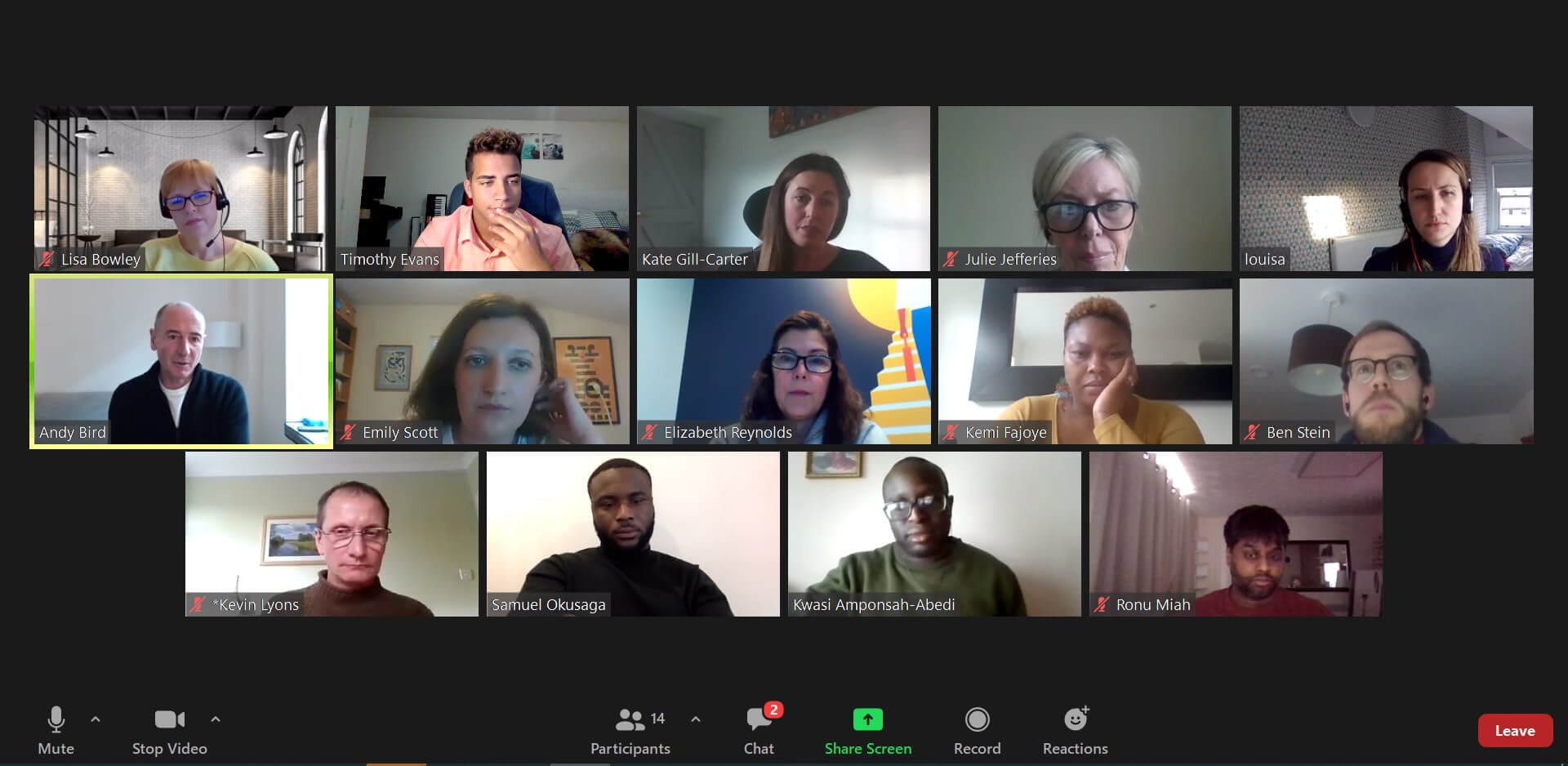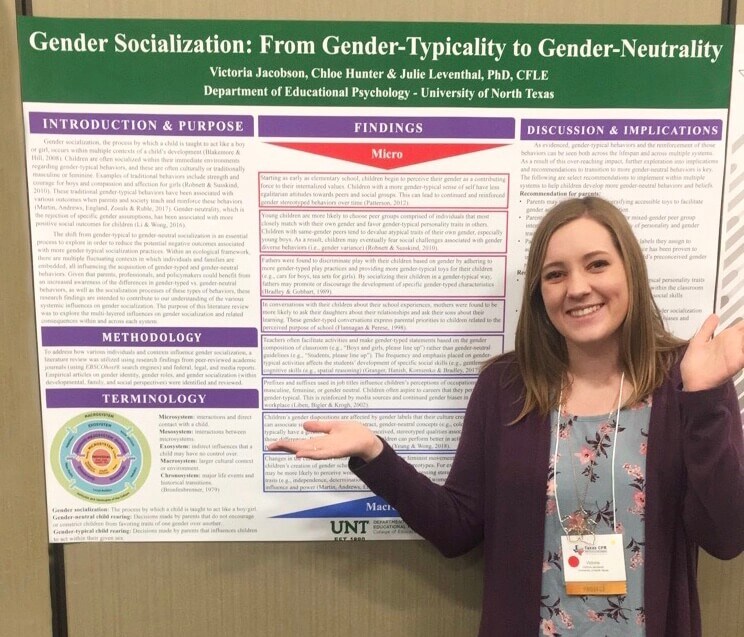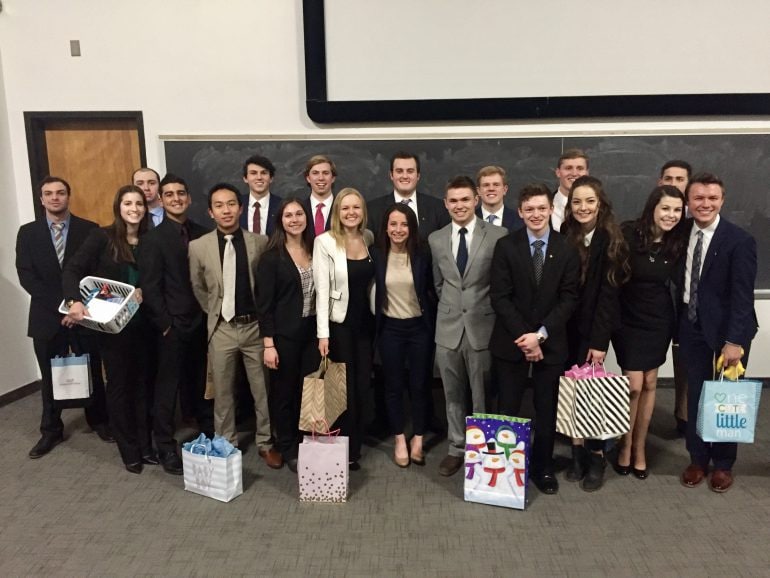
Coffee with a CEO: College students gain more by networking up
A Chief Executive Officer (CEO) is the highest rank that you can achieve in a company. For many of us, achieving this position seems like a far-off dream – especially as a college student. Students know that networking is important, and while it can be intimidating to network up with a higher-level executive, there’s so much to gain by putting yourself out there.
When making the connection, it is natural to get nervous, of course, but you don’t need to change who you are to impress them. Students tend to forget that a CEO is still a human being. Here are three things I do during the preparation, presenting, and follow-up stages of connecting with a CEO.
Preparation
This step is crucial. By preparing, you will have a better grasp of what to say and ask. Yes, you will get nervous, but the preparation phase helps calm those nerves. It’s similar to taking a test after studying extensively: you still feel anxious, but you KNOW that you are ready. Ways in which you can prepare are simple.
- Pick out clothes to wear the day before. Your clothing choice is essential. It shows the executive that you respect them and that you are here to be remembered. Even in a virtual setting, you want to look professional on screen.
- Write out an outline of what you want to say. Make sure to keep this as an outline. You are not reading a word-for-word script but helping to keep a conversation structure. Studies have shown that going over an outline three times can best prepare you for a presentation.
- Get questions ready that aren’t just about the business or your goals. Ask questions about his/her interests and try and find things that build a relationship between the two of you. This will help you stand out from the crowd as well.
The prep phase is critical, and with these three things in mind, you can wake up in the morning with the most incredible sense of relief.
Presenting
You will be nervous. Do not try and fight that - embrace it. When you speak to an executive, you want to keep it brief. Do not ramble on. Show them that you can get to the point and respect their time. When presenting, make eye contact, use your hands when speaking to declare emphases, and nod when spoken to. These all are important in showing that you can be confident in your ideas and an active listener. Lastly, presenting doesn’t mean just you are speaking. Let the other person talk as well. Ask questions about things they bring up to show interest and show that you care about what they are saying and want to know more.
Follow Up
After the meeting or casual coffee call, make sure you follow up and share something that you appreciated about the conversation. People love reflecting on good stories, and CEO’s are no different. Don’t forget that it is okay to ask questions in the follow-up email. It doesn’t have to be goodbye. If you liked your conversation and felt it was a good connection, use this email as an invitation to connect further.
Now that you have understanding of the do’s and don’ts, you should be ready to put yourself out there and grab the attention of an executive. Remember to always prepare beforehand, maintain good presentation skills, and be ready to continue the conversation, even after the call.
Do you have a compelling story or student success tips you’d like to see published on the Pearson Students blog? If you are a college student and interested in writing for us – click here to pitch your idea and get started!



